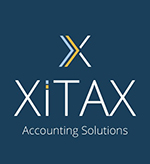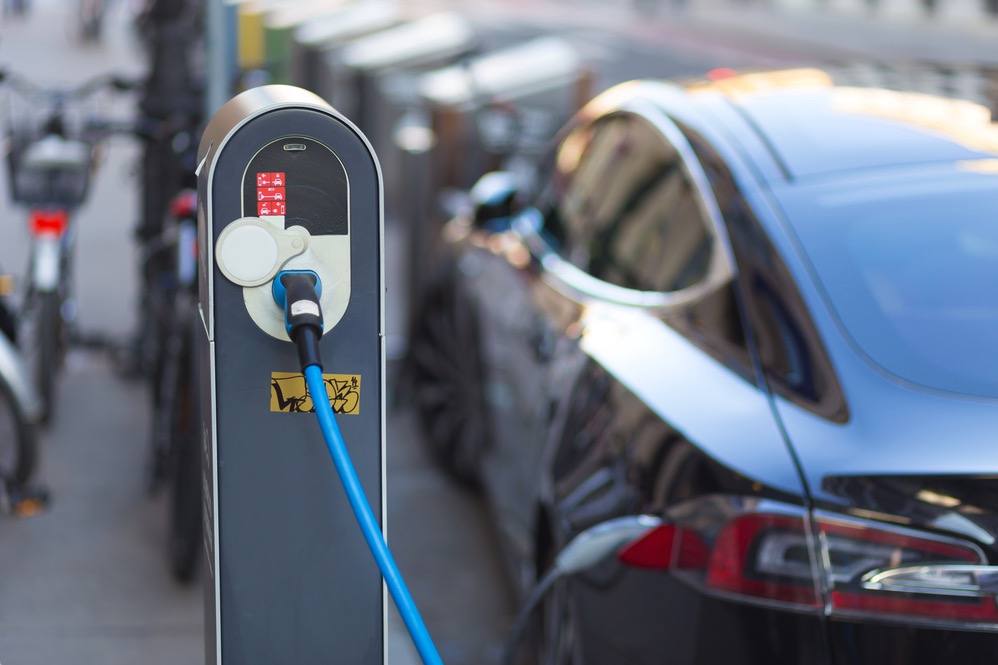Taxation of company cars in 2024/25
A taxable benefit arises where an employee has the private use of a company car. Unless the car is an electric car, a further benefit arises if the employer meets the cost of fuel for private travel.
Car benefit charge
The amount that is charged to tax depends predominantly on the list price of the car and the car’s CO2 emissions. The charge is an ‘appropriate percentage’ of the list price, as adjusted for employee contributions and periods of unavailability.
The list price of the car is the manufacturer’s registered price when the car was new – it is not the price actually paid by the employer. Consequently, the price on which the tax charge is based may be considerably higher than the price paid by the employer, particularly if the car was purchased second-hand. The list price is increased by the list price of any optional accessories, and reduced by any capital contributions made by the employee up to a maximum of £5,000.
The appropriate percentage depends on the car’s CO2 emissions and is unchanged from 2023/24. It ranges from 2% for electric cars to 37% for cars with CO2 emissions of 160g/km and above. Where a car’s emissions fall in the 1 to 50g/km band, the appropriate percentage also depends on the car’s electric range, as shown in the table below.
| CO2 emissions | Electric range | Appropriate percentage 2024/25 |
| 1 to 50g/km | More than 130 miles | 2% |
| 1 to 50g/km | 70 to 129 miles | 5% |
| 1 to 50g/km | 40 to 69 miles | 8% |
| 1 to 50g/km | 30 to 39 miles | 12% |
| 1 to 50g/km | Less than 30 miles | 14% |
Cars with CO2 emissions of 51 to 54g/km have an appropriate percentage of 15%. The appropriate percentage increases by 1% for every 5g/km increase in CO2 emissions until the maximum charge of 37% is reached. A supplement of 4% applies to diesel cars which do not meet the RDE2 standard, subject to a maximum charge of 37%.
Once the appropriate percentage has been applied to the list price (as adjusted for accessories and capital contributions), it is adjusted to take account of any period at the start of the tax year before the car was made available to the employee, any period in the tax year after the car ceased to be available to the employee and any periods of at least 30 days when the car was not available to the employee. Finally, the charge is reduced for any contribution that the employee is required to make (and actually does make) as a condition of the car being available for his or her private use.
Example
Billy is given a company car on 1 May 2024. It is a petrol car with CO2 emissions of 60g/km. The car has a list price of £35,000.
For 2024/25, the appropriate percentage for a car with CO2 emissions of 60g/km is 17%. Applying this to the list price of £35,000 gives an amount of £5,950. However, as the car was not made available to Billy until 1 May, it is reduced by £408 (25/365 x £5,950) to reflect the period of unavailability.
Consequently, the cash equivalent of the benefit is £5,542 (£5,950 – £408). If Billy is a basic rate taxpayer, he will pay tax of £1,108.40 on the benefit of the car in 2024/25. For a higher rate taxpayer, the tax bill is £2,216.80 and for an additional rate taxpayer, it is £2,493.90. Billy’s employer will pay Class 1A National Insurance of £764.80 (£5,542 @ 13.8%).
Fuel benefit
Unless the car is an electric car, a separate tax charge will arise if the employer also provides fuel for private use. The charge is found by multiplying the appropriate percentage used to calculate the car benefit charge by the multiplier for the year, which for 2024/25 is set at £27,800. The charge can be eliminated if the employee is required to ‘make good’ the full cost of fuel for private travel and actually does so before 1 June after the end of the tax year where the benefit is payrolled and by 6 July after the end of the tax year where the benefit is reported on the P11D. The advisory fuel rates can be used to determine the amount that the employee must pay in order to ‘make good’ the cost of the fuel.
Where a tax charge arises in respect of the provision of free fuel, the employer must pay Class 1A National Insurance on the taxable amount.
No tax charge arises if the employer provides or meets the cost of electricity for private travel in an electric company car.

